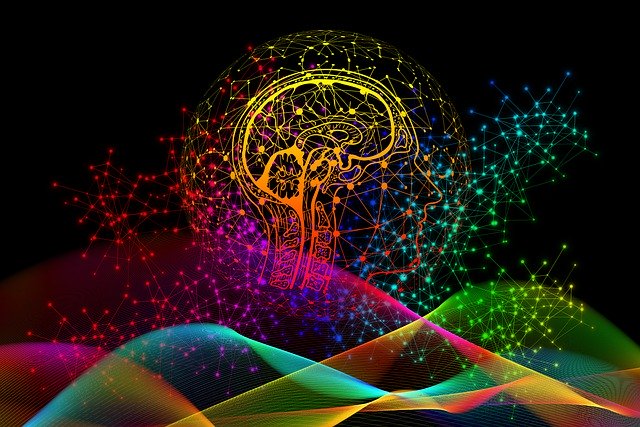
The Difference Between The Male and Female Brain
Posted April 29th, 2024
There is no secret that males and females are different – it’s obvious to the eye. Lesser known is that the difference between genders extends beyond what the eye can see. According to author, John Grey, it is as if we were from different planets, ‘Men are from Mars – Women are from Venus.’
While the notion of brain dissimilarity between the sexes has been widely criticized by neuroscientists throughout the ages, recent brain imaging techniques, studied at The University of Pennsylvania by Dr. Ragini Varma, confirm that the brains of men and women are indeed “hard-wired” differently.
In fact, scientists have discovered approximately 100 gender differences in the brains of men and women and the importance of these differences cannot be over-stated. While there will always be exceptions to these differences, the good news for us is that understanding these gender differences can open the door to a better appreciation for male and female relationships in both our business and personal lives, for example:
• Improving intimacy and romance
• Working better as a team
• Cooling arguments, especially when gender defenses flare. (“My way or the Highway”)
• Learning new skills
• Understanding why women have more than twice the depression, anxiety, sleep issues and self-doubt as men, and more importantly, what to do about it
In order to get a better perspective of these differences, let’s take a look at three of them:
1. White and Grey matter—Women have 10x the white matter as men, while men have 7x the grey matter as women. White matter handles and processes information, while grey matter is tied to task-orientation and action centers.
This difference may explain why women are usually better at multi-tasking, social logic, and memory of words and faces. Men, on the other hand, have a stronger connection to spacial/conceptual activities and gross motor skills.
This may also be the reason why women tend to like romance novels and movies which involve relationships, while men usually enjoy action movies or sports. Even at an early age, whereas girls and boys use “smart technology” equally, girls do more texting and talking, while boys do more gaming.
2. Cingulate gyrus—In The New York Times best seller, “The Confidence Code,” authors, Katty Kay and Claire Shipman, research the science of why women, even successful business women, struggle with feelings of self-doubt. They found that the Cingulate gyrus, a structure of nerves in the brain which helps us weigh options and recognize errors, often called the ‘worry wart’ center, is actually larger in women!
A useful art for women is to cultivate how to turn this “worry center” on or off at will. A little worry can be beneficial in helping plan and manage a busy schedule at work or home, while too much worry is stressful and damaging to one’s health, interrupting sleep, relationships, and overall well-being.
3. Neurotransmitters (N.T.)—N.T.s—of which there are approximately 200 identified—are the chemicals in the brain related to “self-talk” between neurons.
The principle N.T. of women is serotonin, the hormone of feel-good, joy, having fun, and sex. Unfortunately, in the course of over-nurturing, taking care of family and friends or over-worry, women can use up their serotonin. This depletion may often lead to being overly sensitive, avoiding risk, developing depression; i.e. becoming weepy, sad and obsessed.
Men, on the other hand, primarily use dopamine – the hormone of competition, risk-taking and motivation – “Go kill the Wooly Mammoth”. Unfortunately, in the course of over-competing and over-driving, men can use up their Dopamine causing them to feel grumpy, curmudgeonly and in the ‘grey zone’. Often times, if depleted of Dopamine, men will try to raise this neuro-chemical by engaging in high risk activities such as motorcycles, airplanes, fast sports cars, fast women/affairs, and mid-life crises.
While there are a number of other differences, the important thing to take away, is that if you are bothered by any of the above symptoms, there is something that can be done about it. At The Renewal Point, we do integrative testing for chemical and hormone imbalances, which helps us to develop an individualized treatment and care plan.
Through mechanisms such as reestablishing proper serotonin and dopamine levels, as well as calming the “worry-center,” we are able to help our patients gain a better sense of balance in their lives.




